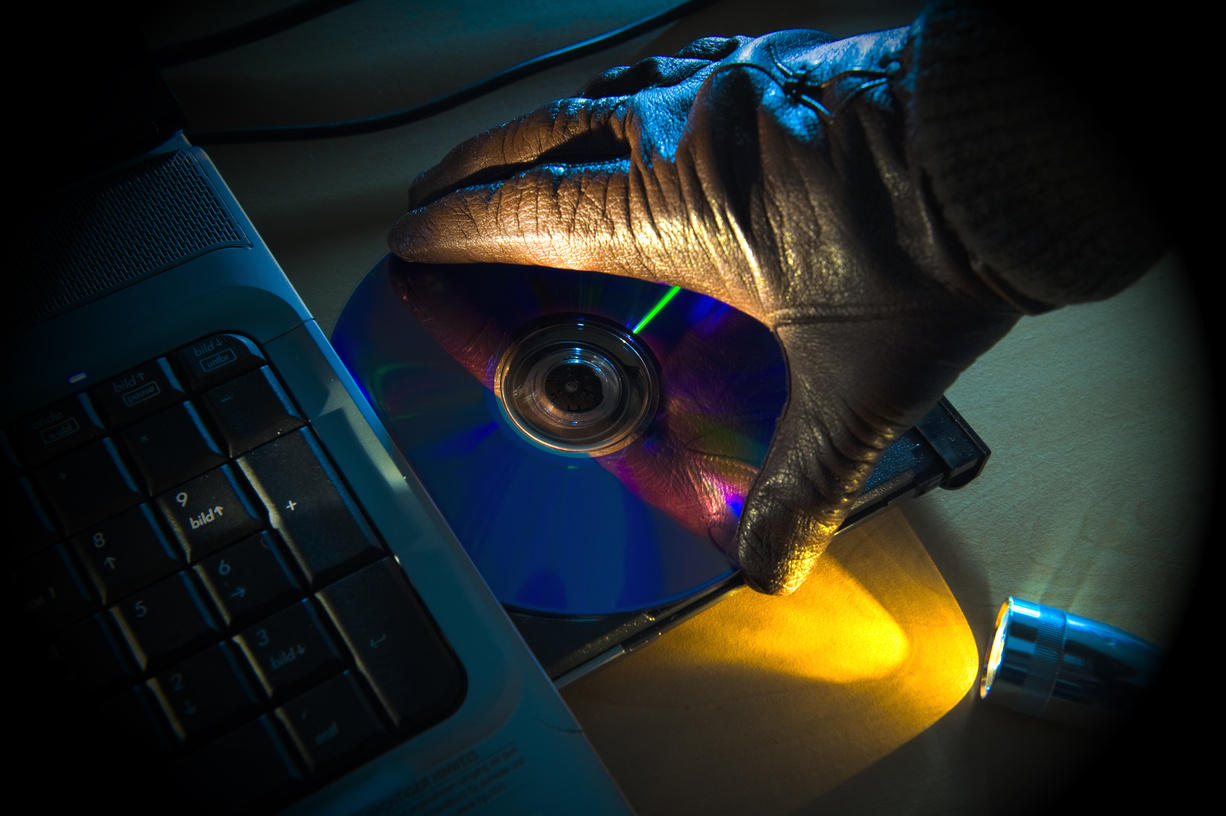
Climate scientists still trying to restore trust

There are doubts climate scientists will regain their credibility, despite a series of recently published reports clearing them of exaggerating the effects of global warming.
Earlier this month, separate British and Dutch inquiries backed the findings of the United Nations Intergovernmental Panel on Climate Change (IPCC).
However, Urs Neu, climate specialist with the Swiss Academy of Natural Sciences, says it is not clear whether the reputation of the panel of experts will completely be rehabilitated.
Remember back to November 2009 just before the world climate conference in Copenhagen. The talks were meant to help the world move toward a more unified and comprehensive climate policy.
Instead the words on everybody’s lips were those contained in a tome of emails leaked from the University of East Anglia in Britain. They suggested climate scientists had cooked the books in favour of their own hypotheses.
It wasn’t long before what started as a series of confidential discussions between academics became known in the media as “climategate”.
“Within some parts of the population the credibility of climate research has suffered,” Neu, deputy leader of ProClim, the acadamy’s climate platform, told swissinfo.ch. “No matter whether they will be proven right or wrong, these kinds of allegations always leave some uncertainty.”
Red-faced
“First, it was not a single scandal,” says Bill Royce, head of the European practice on energy, environment and climate change for the United States communications firm Burson-Marsteller. “It was a sustained and coordinated campaign to undermine the credibility of the science base underpinning global efforts to combat climate change.”
Swiss climate scientists question the motivation of their detractors: they believe the debate is driven by a political agenda. And it may be no surprise that the momentum of climate sceptics coincides with the debate over new climate legislation in the US.
Neu expects the scientific community won’t be able to prevent criticism. “With these kinds of political discussions, all the ingredients are right. On one hand these emails were stolen and on the other, there were tenuous accusations.”
As for the British experts, they were cleared by a House of Commons committee, a panel of international experts and by their own University of East Anglia. But even the institution’s final report, while finding no evidence of scientific misconduct, said researchers lacked openness.
Royce notes the reports that cleared the scientists have received far less coverage in the media than the original allegations. “This lack of proportionality means the claims of ‘prosecution’ are better known the ultimate verdict of ‘not guilty’”.
In January the IPCC admitted embarrassing errors in a chapter on glaciers in the Himalayas, saying they would melt away completely over the next few decades.
And an article in Britain’s Sunday Times in the same month cast doubt on claims global warming could cause 40 per cent of the Amazon rain forest to disappear. The report was quoted around the world. Nearly six months after the fact the newspaper admitted it misquoted an expert and retracted the entire story.
“I would not overstate the influence of one article by a journalist with an agenda, even in a newspaper that projects credibility like the Sunday Times,” Royce told swissinfo.ch in an email. “The impact of climate change and deforestation in the Amazon is widely reported and the visible impacts are there to be seen – one misleading article is low impact. That said, the original story has been widely amplified by climate deniers.”
Shoring up confidence
“One of the jobs of the scientific community is to restore this confidence again. And that happens only through openness as well as with good communication,” said Neu.
For him the issue is that for all of the acumen of the experts, their communication skills need work. “It is a new kind of task, to communicate in the public sphere. The scientific community must also reflect on how it will handle propaganda attacks, which have nothing really to do with science.”
The Swiss scientist also deflects criticism when it comes to openness. In the case of meteorological data, not everything collected around the world is at the public’s disposal. That happened to be one of the problems in the British example, Neu says.
“This is also the case in Switzerland,” he said. “Here, MeteoSwiss [government-owned weather service] has a political mandate to sell their data and not provide it publicly, as is the case in the US. There, publicly-collected data is freely available.”
Royce suggests scientists are best off when they stick to what they are good at: science.
“Scientists are most credible and compelling when they are in the field doing research to test hypotheses and track their projections, in locations that are demonstrating the immediate impacts of climate change,” he said.
“They experience extremes of weather, personal sacrifice and hardship to collect information to help fill out just one of thousands of bits of scientific jigsaw that tells us what might be happening. Every single one of these stories in the field is intensely human, gripping and compelling.”
Justin Häne and Etienne Strebel, swissinfo.ch
On July 5, a review by the Dutch government confirmed that the key conclusions of the Fourth Assessment Report (AR4) published by the IPCC in 2007
“are accurate”.
The Muir inquiry in Britain said on July 7 that the leaked emails from the University of East Anglia contained nothing to overturn the case for manmade global warming put forward by the IPCC.

In compliance with the JTI standards
More: SWI swissinfo.ch certified by the Journalism Trust Initiative




























You can find an overview of ongoing debates with our journalists here . Please join us!
If you want to start a conversation about a topic raised in this article or want to report factual errors, email us at english@swissinfo.ch.